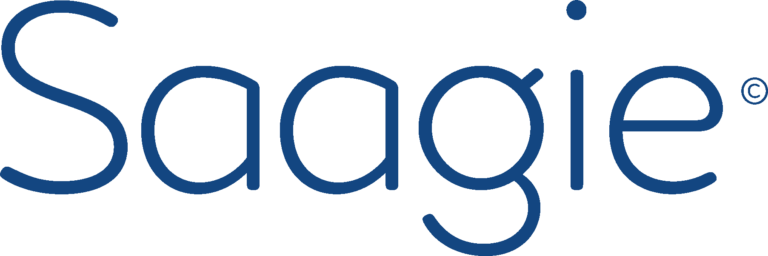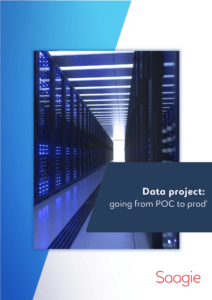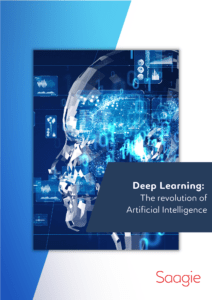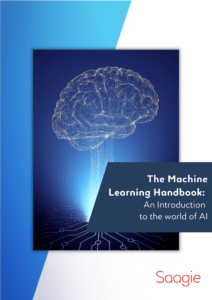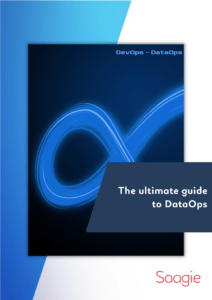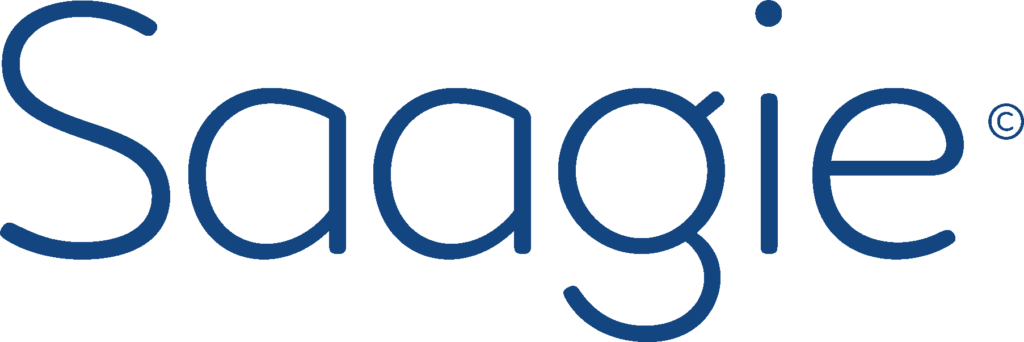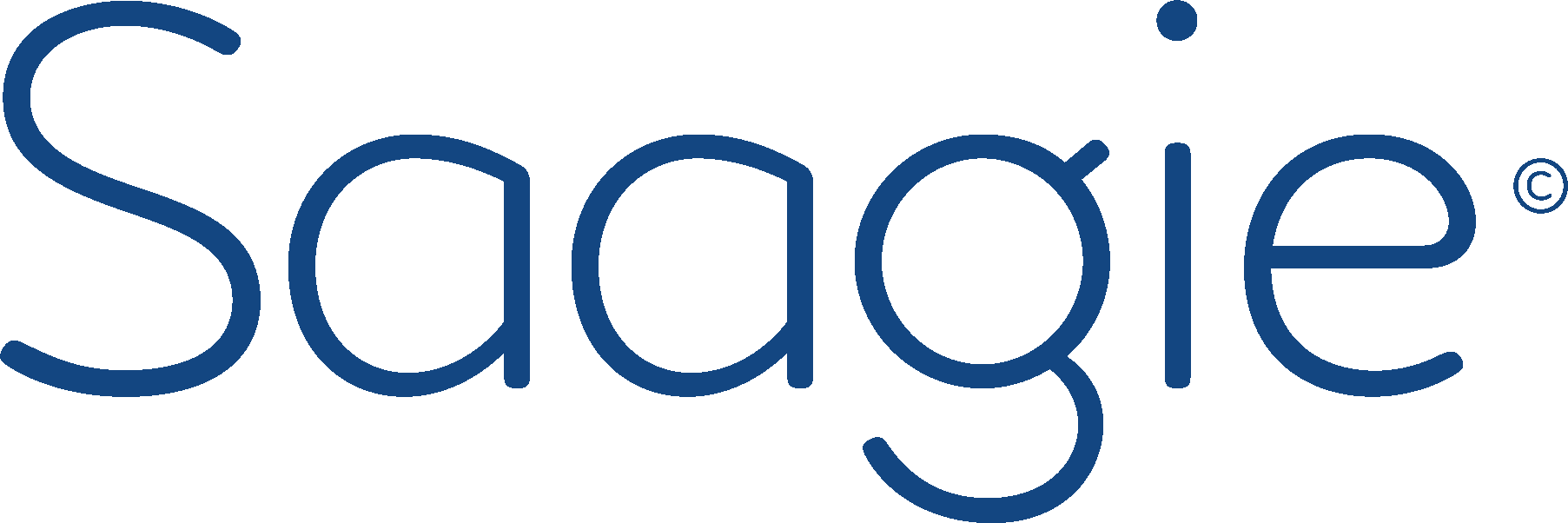If you were unable to attend our last webinar with Matthieu Olivier, Strategy Director at Saagie and Magali Noé, Chief Digital Officer specializing in the insurance & Actuarial sector, here is what to remember.

What are the challenges for insurers today?
Several challenges are to be expected in the insurance sector. On the one hand, interconnections, that is, how to interconnect all the bits and pieces of the organization around data subjects. On the other hand, cyber risks have emerged in recent years and the question is what solutions to offer in the face of this difficult to anticipate risk.
1. Interconnections
According to Magali Noé, the interconnection challenges are at two levels: at the organizational level and at the technical level.
- At the organizational level : to become a data-driven company, all employees must be involved. We must therefore establish a data culture and even a culture of data sharing. Managers have an exemplary role to play since they must be at the initiative of a change of mentality and establish new habits of data sharing.
- At the technical level : the integration of tools and technologies within the processes to develop use cases and industrialize. Blockchain, Machine Learning and Deep Learning are, for example, key tools for the digitalization of insurance.
We can imagine interactions between the different data analysis structures.
2. Cyber risks
For insurers, cyber risks represent both a driver and a brake. Insurance products often face cyber risks. The major challenge is to train the various businesses (Management, support, audit, etc.) in order to respond to these risks effectively. Having a good CISO is essential, to fight against cyber threats and encourage staff to also protect themselves from economic risks through training.
On the client side, our role as an insurer is to do prevention with users, as well as to offer adequate solutions to this new risk. For this, recruiting cyber defense trades is essential to train trades and users.
Data serving innovation
Digital and data are important innovation levers for the insurance sectors. The customer experience is therefore one of the major challenges for the banking and insurance sector. The observation is that customers are multi-channel (online and offline), we can draw inspiration from e-commerce with the O to O (Online to Offline) system in order to offer services that will make it possible to best support customers in their choices.
Customer autonomy is also essential (especially today!). In general, the client purchases insurance and agents hope that he is not over-relying on his insurance for cost reasons. The objective is to make the customer curious and aware of his offer, and that thanks to the data, he can modulate it as desired, according to its use, to become autonomous, with in-depth support.
Finally, having a data product approach and no longer a data project will make it possible to be more efficient, and to serve long-term business objectives.
Data and ethics: Building your product but how far?
1. Data & discrimination
Today, Pricing to One methods are widely used in the insurance industry, in order to better personalize customer offers. However, a customer with a penalty would have a considerable disadvantage compared to another. Special attention must therefore be paid to exclusion mechanisms linked to individual data.
When it comes to ethics, a compromise must always be found, and managers have their role to play. Leaders need to ask themselves how far they are prepared to go. Should they align with their moral principles or prioritize the bottom line? Today we can talk about Ethics washing. Ethics is a subject that must also be carried by employees. In fact, we have seen the emergence of ethics committees or unions within companies. This is particularly the case in the United States, more particularly at Google (eg Timnit Gebru).
In addition, a state mission to combat fake news has recently been created. In a non-democratic country, this type of process could be used to shut down all access to information.
There is therefore a necessary reflection to be carried out on ethical questions and especially in the insurance sector to avoid discrimination linked to penalties or even to categories of people.
2. Data et l'ecology
Another dimension to integrate in terms of ethics is obviously the ecological dimension, because indeed, the data and the processing of the latter consume a lot of energy and water.
In digital, it is important to have a systematic look at the complete data cycle to understand the ecological footprint of the actions we take. Important reflections are underway on the frugality of AI, thus making it possible to process language with reduced computational power.
Also, remember that it takes a considerable amount of water to cool data centers. This indicator is also essential when considering reducing the ecological footprint.
Conclusion :
Data is a transversal issue for the company in its global transformation.
It’s about counting and telling, you have to be able to tell your product, illustrate it. Insurers obviously know how to count, but the challenge now is to know how to read and interpret the data to better serve customers according to the moments of life.
These new narratives will push insurers to put more emphasis on human and environmental aspects alongside financial and productivity elements!

Her professional career was spent in the Caisses d’Epargne and CNP Assurances groups. She also founded and managed online offering platforms and a fintech/insurtech investment fund.
Finally, Magali Noé is part of Forbes’ 2020 Top 50 most influential CMOs in the world.

A public statistician from ENSAI, Matthieu OLIVIER has held various positions in public administration for 10 years, including at Pôle Emploi where he managed the data program. He is now at the strategic direction of Saagie.

